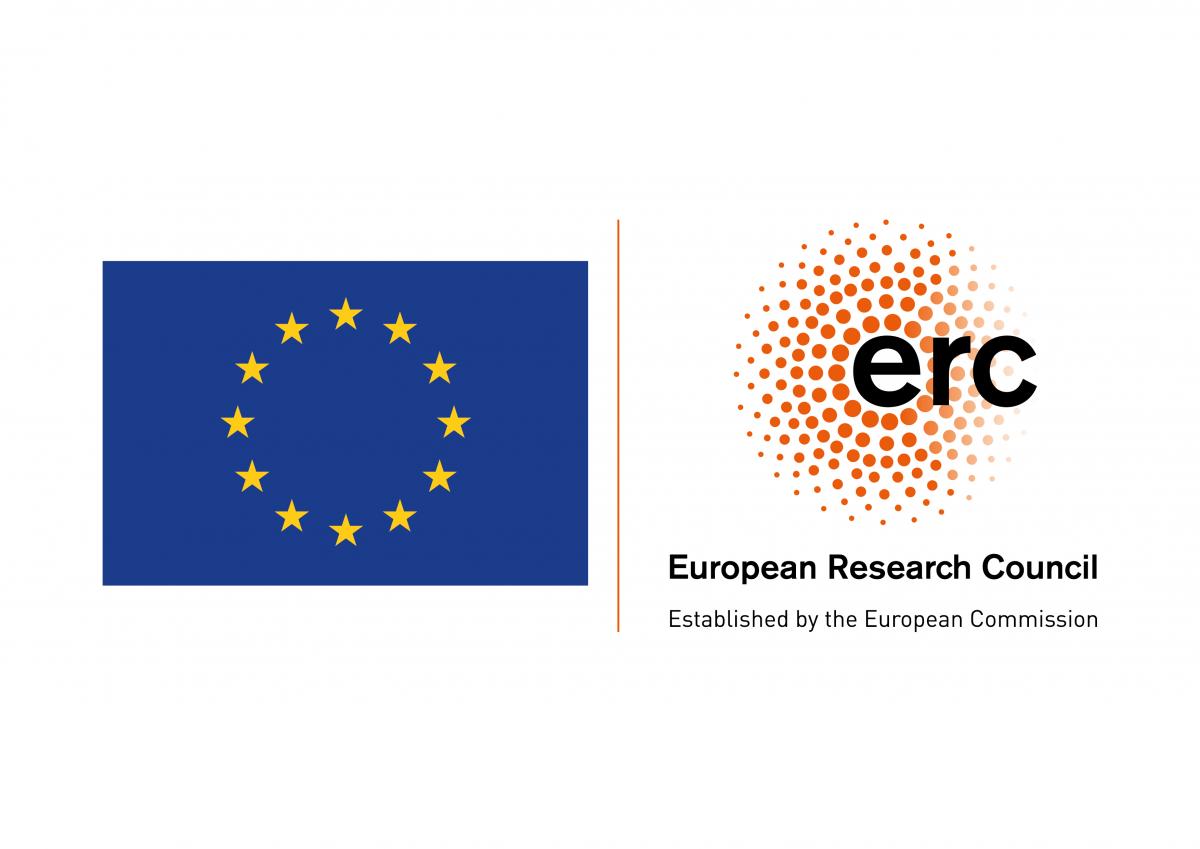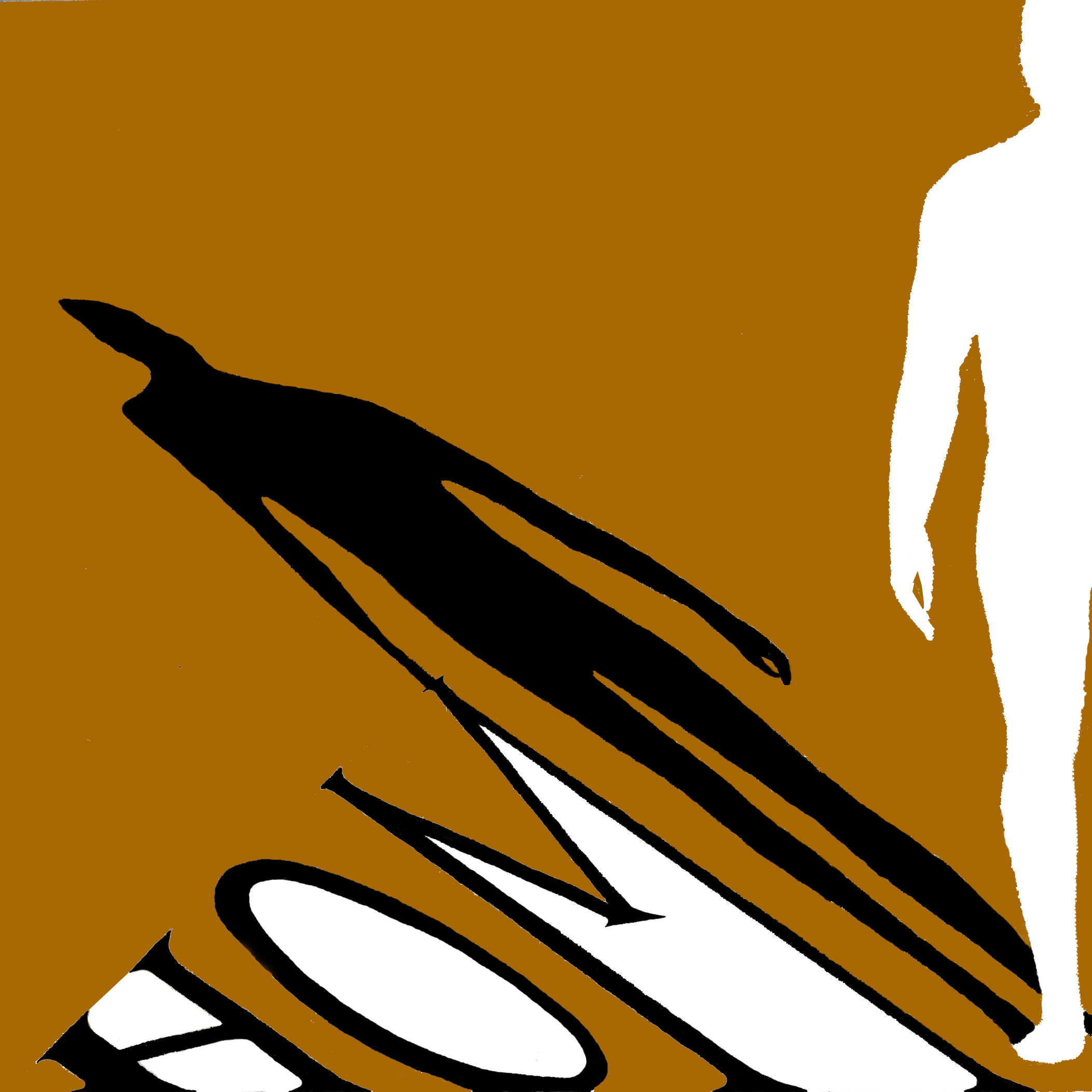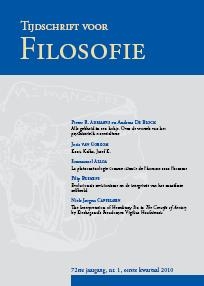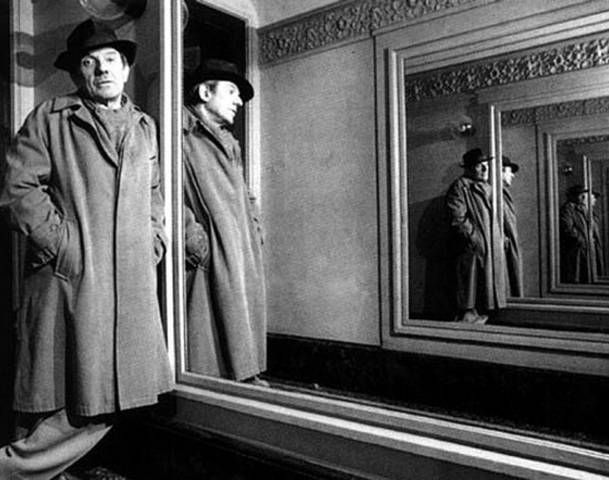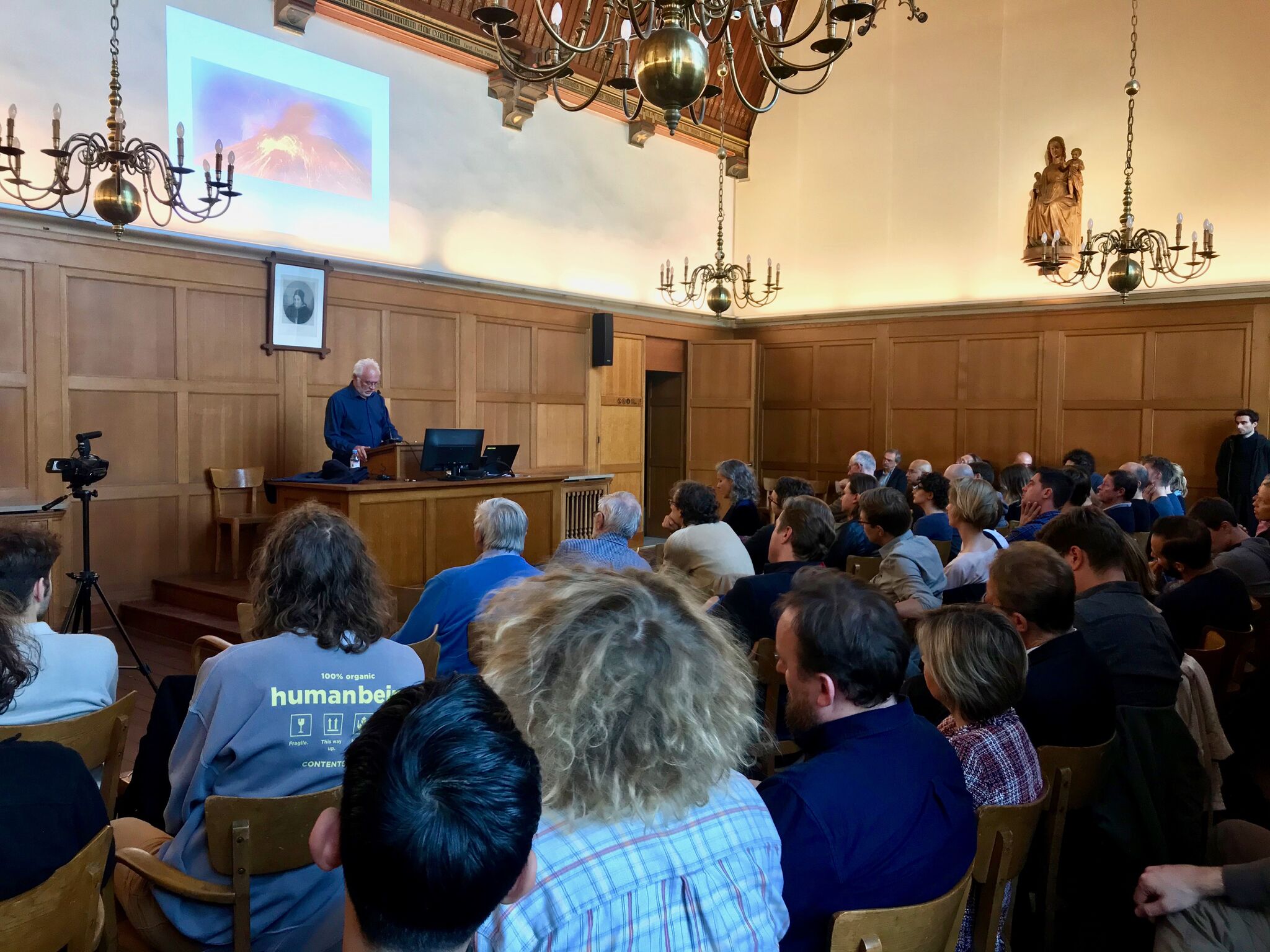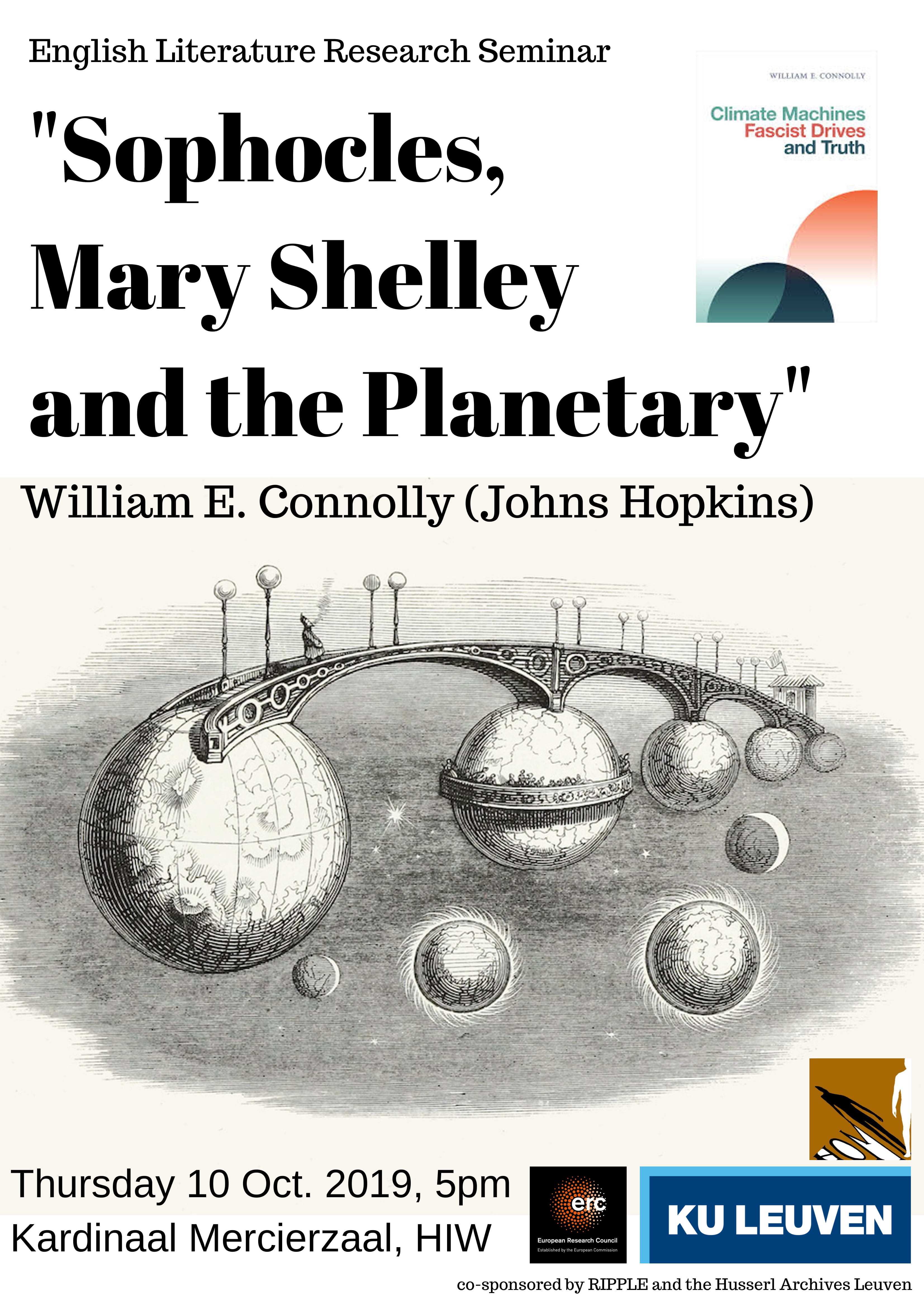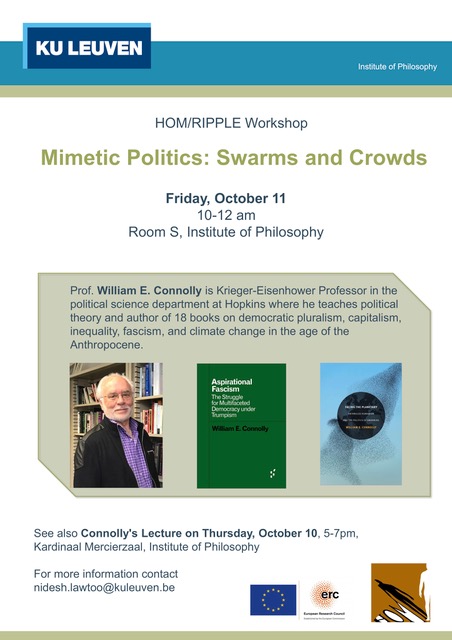In this video presentation for the 2020 Joseph Conrad Society (UK) Annual Meeting shot on the Furka Pass (Swiss Alps), ERC grantee Nidesh Lawtoo introduces the relevance of Conrad’s mimetic turn to face contemporary catastrophes like (new) fascist politics, viral pandemics, and climate change in the Anthropocene. https://www.jstor.org/stable/10.14321…
Tag Archives: ERC
The Case of Eichmann Restaged: Arendt, Evil, and the Complexity of Mimesis

In The Case of Eichmann Restaged, Nidesh Lawtoo reframes Hannah Arendt’s evaluation of the “banality of evil” in light of Eichmann’s mimetic psychology, which Arendt intuited but did not fully articulate.
Rather than considering the banality of evil as symptomatic of Eichmann’s “inability to think,” the essay foregrounds the affective, contagious, and, in this sense, mimetic tendencies at play in Eichmann’s personality (from Latin, persona, theatrical mask). This move is instrumental to articulate a middle path between Arendt’s theoretical diagnostic of Eichmann as “terrifyingly normal” and Bettina Stangneth’s recent historical account of Eichmann as a “fanatical National Socialist.” My wager is that the ancient problematic of mimēsis (from Greek, mimos, mime) casts a new and original light on the psychic foundations of a type of evil that is as relevant to understand the psychology of fascism in the past century as its rising shadow in the present century. Article also available here
HOM Videos, ep. 5. Philosophy and Mimesis: Jean-Luc Nancy (Trailer)
In the fifth episode of HOM Videos, Nidesh Lawtoo meets French philosopher Jean-Luc Nancy (U of Strasbourg) to discuss the ancient quarrel between philosophy and mimesis. Topics discussed include the relation between mimesis, myth, fascist politics, Lacoue-Labarthe, deconstruction and community.
Workshop, “The Mimetic Condition: A Transdisciplinary Approach
Since the publication of Gunter Gebauer and Christoph Wulf’s seminal book, Mimesis: Culture- Art-Society in 1992, the realization that mimesis is constitutive of the human condition has become central to the humanities, the arts, the social sciences, stretching to inform the hard sciences as well. Furthering Gebauer and Wulf’s call to examining the productive aspect of mimesis as a “human condition,” the ERC-funded Homo Mimeticus: Theory and Criticism (HOM) project convokes a two-day transdisciplinary workshop at the Institute of Philosophy, KU Leuven, to explore the afterlives of the mimetic condition in the twenty-first century.
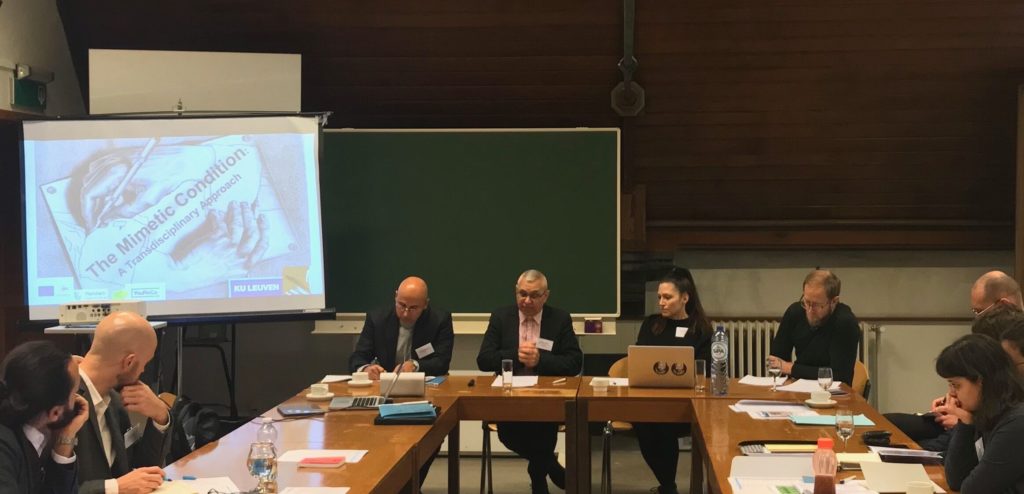
December 5-6, 2019,Room S, Institute of Philosophy, KU Leuven (Belgium) Keynote: Prof. Gunter Gebauer (Free University of Berlin) “Worldmaking of the Hand: The Mimetic Creation of Human Culture”
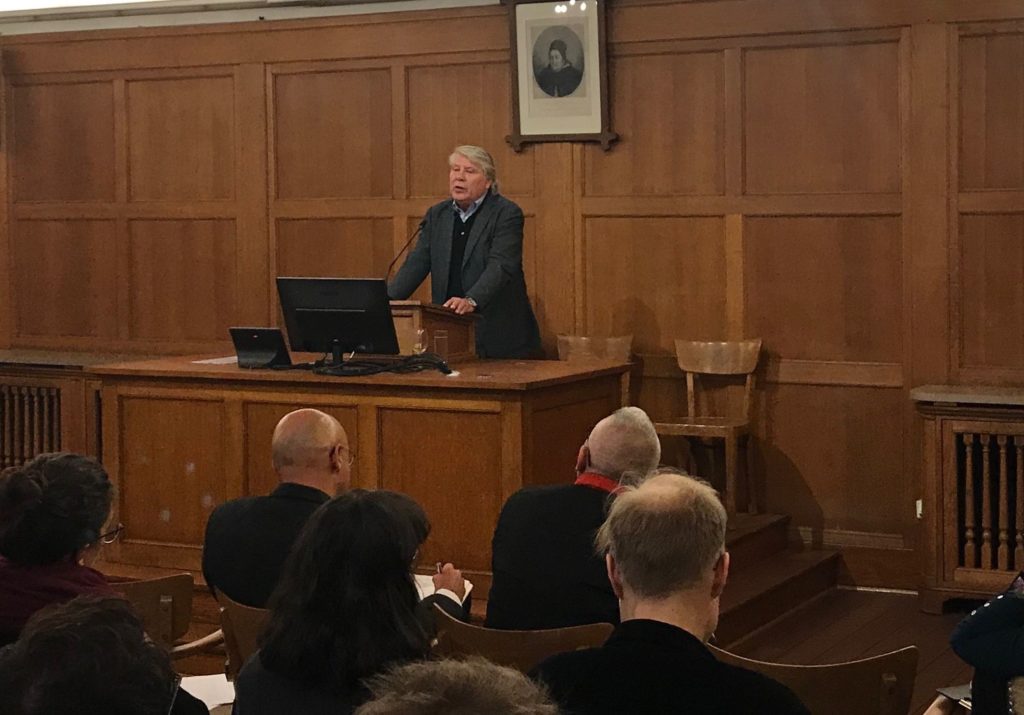
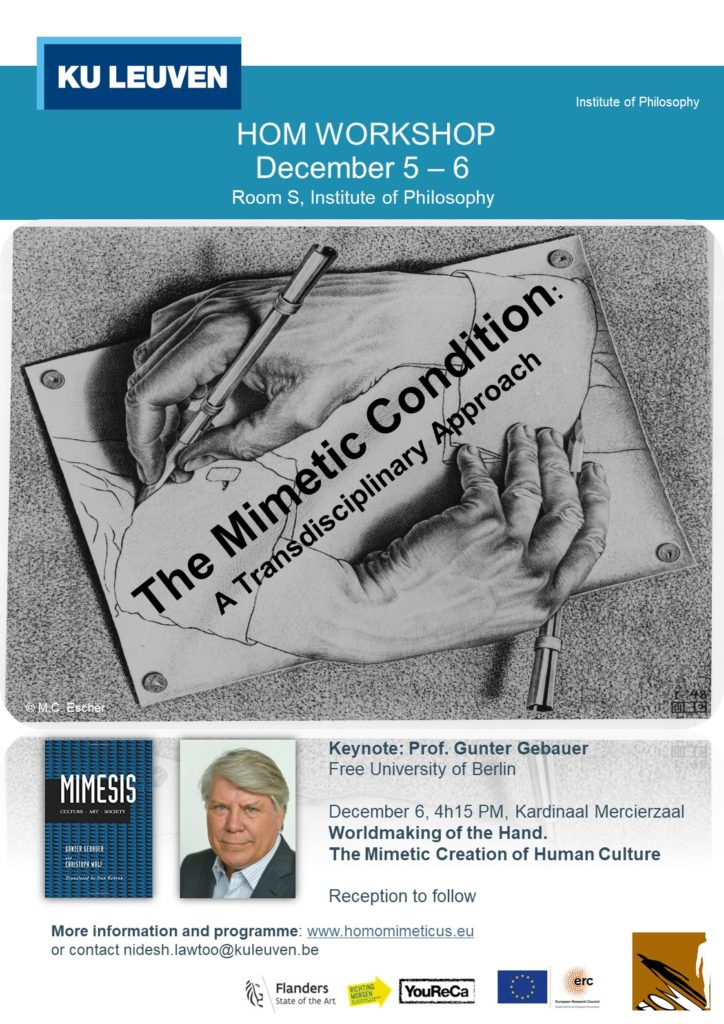
New Article on Deleuze and the Simulacrum
Inaugural Lecture: Nidesh Lawtoo: ‘Homo Mimeticus. Sameness and Difference Replayed.’
In this Inaugural Lecture, PI of ERC-funded HOM Project Nidesh Lawtoo revisits the legendary 1966 Johns Hopkins Conference, “The Languages of Criticism and the Sciences of Man,” an event which was meant to introduce structuralism in the US, yet ended up inaugurating what became known as poststructuralism instead. At one remove, replaying mimesis in the company of Derrida and Girard half a century later still provides a genealogical starting point to rethink the all too human tendency to imitate characteristic of Homo Mimeticus.
November 7, 2019, Institute of Philosophy, Kardinaal Mercierzaal, 5-7pm (followed by reception).
William E. Connolly Lecture: Sophocles, Mary Shelley, and the Planetary (Oct. 10, 2019)
In this lecture co-sponsored by the English Literature Research Seminar, RIPPLE, the Husserl Archives and the HOM project, political theorist William E. Connolly (Johns Hopkins Univesity) focuses on three diverse thinkers – Sophocles, Mary Shelley, and Bernard Williams. Writing in different times and places they advanced overlapping insights that, if widely absorbed in major Eurocentric theories, may have advanced insights sooner into the unruliness of the earth.
Thursday October 10, 5 pm, Kardinaal Mercierzaal, Institute of Philosophy, KU Leuven. Reception to follow. More details here.
The lecture is followed by a workshop on “Mimetic Politics: Swarms and Crowds” Friday, October 11, 10-12pm. Radzaal, Institute of Philosophy. All welcome. Details and readings here.
Homo Mimeticus Interview
In this interview for the Leuven Philosophy Newsletter, HOM team member Niki Hadikoesoemo asks Nidesh Lawtoo to sketch the main outlines of the Homo Mimeticus project and to discuss the relevance of mimesis for contemporary philosophy, politics, education, the unconscious, as well as for forging interdisciplinary connections within and beyond the humanities. You can read the full interview here.
Homo Mimeticus: Theory and Criticism HOM
Mimesis is one of the most influential concepts in Western thought. Originally invoked to define humans as the “most imitative” creatures in classical antiquity, mimēsis (imitation) has recently been at the center of theoretical debates in the humanities, social sciences, and the neurosciences concerning the role of “mimicry,” “identification,” “contagion,” and “mirror neurons” in the formation of subjectivity. And yet, despite the growing confirmations that imitation is constitutive of human behavior, mimesis still tends to be confined to the sphere of realistic representation.
The ERC Starting Grant HOM project, hosted by the Institute of Philosophy at KU Leuven, combines approaches that are usually split in different areas of disciplinary specialization to provide a correction to this tendency. In the process its aim is to contribute to bringing discourses on imitation up-to-date with the fast-changing transformations of Homo mimeticus in the twenty-first century.
This project has received funding from the European Research Council (ERC) under the European Union’s Horizon 2020 research and innovation programme (grant agreement n°716181.
